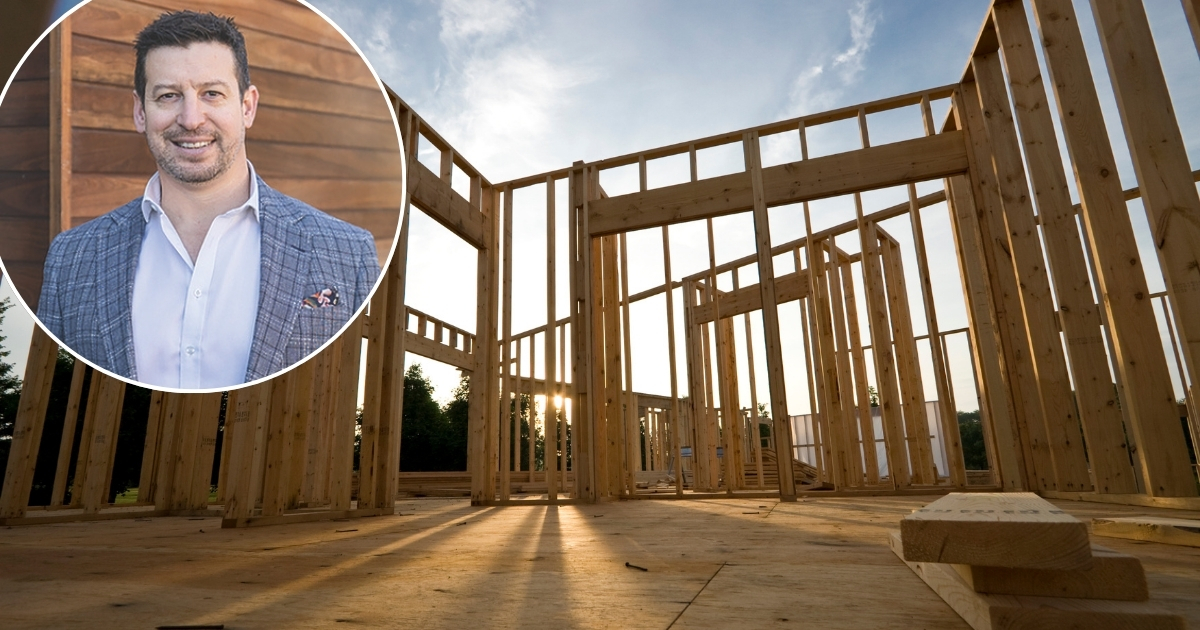National Construction Code must go!
BY GARETH KENT
Director, Preston Rowe Patterson Geelong
One of the main announcements that came out of Jim Chalmers’ economic round table has been the freezing of the NCC. For many, this will have meant very little. However, I want to explain why it should mean a lot.
The NCC exists to provide a nationally consistent set of technical standards for the design, construction and performance of buildings across Australia. Its goal is to ensure buildings are safe, designed for comfort and accessibility, sustainable and energy-efficient, and providing acceptable levels of ventilation, sanitation and protection from damp.
The NCC was introduced in 2016 and has since been revised six times. The latest version, scheduled for release in late 2025, has now been paused. And here is why it matters. In Victoria, when the NCC mandated a seven-star energy efficiency rating from May 2024, the Housing Industry Association estimated that build costs rose by at least $25,000 overnight. With every change and increase in regulation comes real unintended consequences.
Escalating construction costs: Since the creation of the NCC, building costs nationwide have increased by 46.5 per cent (ABS Construction Cost Index). Industry analysis shows costs rising by $10K–$25K per dwelling. In a period of soaring material prices and labour shortages, the code amplified affordability pressures, making new housing less attainable.
Reduced housing supply: Higher costs and compliance burdens have made medium-density infill projects unviable. In markets like Geelong, we currently have 20 properties with development permits that could provide thousands of new apartments to our city. They won’t progress because they are cost-prohibitive, due to the increased burdens created by the NCC.
Regulatory red tape and delays: Builders across the country, and especially in Victoria, complain they spend more time on red tape and filling forms than building homes. The NCC has created its own economy, with numerous new types of consultants required for each project, making pre-app costs a barrier to development.
The NCC is bureaucracy gone mad and is only workable for big end-of-town developers who can afford to have teams of consultants working on every project. To apply a one-brush approach to the whole industry is crazy.
Recently, a small local property development team close to me purchased a building in the centre of Geelong. A grand old building with a heritage and history dating back to 1870. This building was no longer viable for the commercial office use it was previously used for. Through a bit of research, they learned that it was initially constructed as a boarding house for medical students. With this in mind, they applied for a change of use permit to convert the property back to its original use and commenced the approvals process.
The planning permit process was straightforward, transparent and relatively easy. The building permit process has been anything but. They engaged a building surveyor, who informed them of the list of consultants needed to satisfy the ‘change of use’ permit application requirements. This list included: fire, structural, services, electrical and Ttaffic engineers; access, land and building surveyors; mechanical services and geotechnical experts; architect and lastly an energy rating consultant. All of which must provide Performance Solution Reports, to a cost of between $5,000-$12,000 each.
To be clear, this project involved converting an existing building to a new use for which it had previously been used. This project will provide 12 boarding house rooms in a beautiful building, offering affordable housing for young doctors and nurses working at our new hospitals in Geelong. The total cost of these consultants thus far has exceeded $100,000. The developers have not yet obtained a building permit. This is a significant barrier to development, one that many are unwilling to risk or cannot afford. This is the reason why we have an affordable housing crisis. This is one of the main factors why property prices have increased, as new dwellings are too expensive and challenging to construct.
The NCC was created with strong intentions — national consistency, consumer protection, safety and sustainability — but in practice, it has produced minimal benefits and a lot of unintended consequences that all hamper the building of homes.
The entire NCC should be scrapped, and we should revert to the state-based building codes that were in place prior to 2016. I implore state governments to take this on board, withdraw from this code, and bring back some common sense.
//SPONSORED CONTENT


















